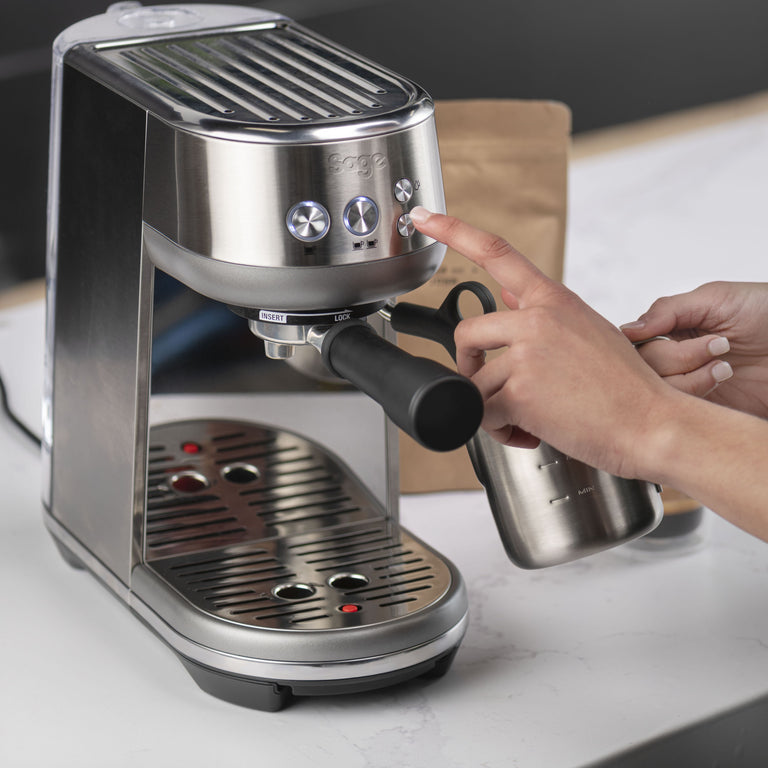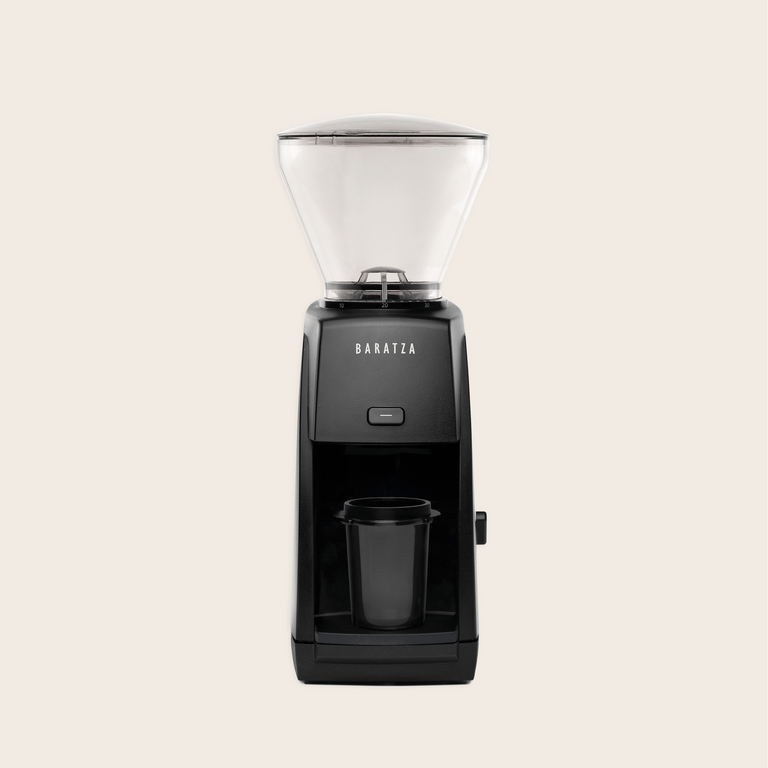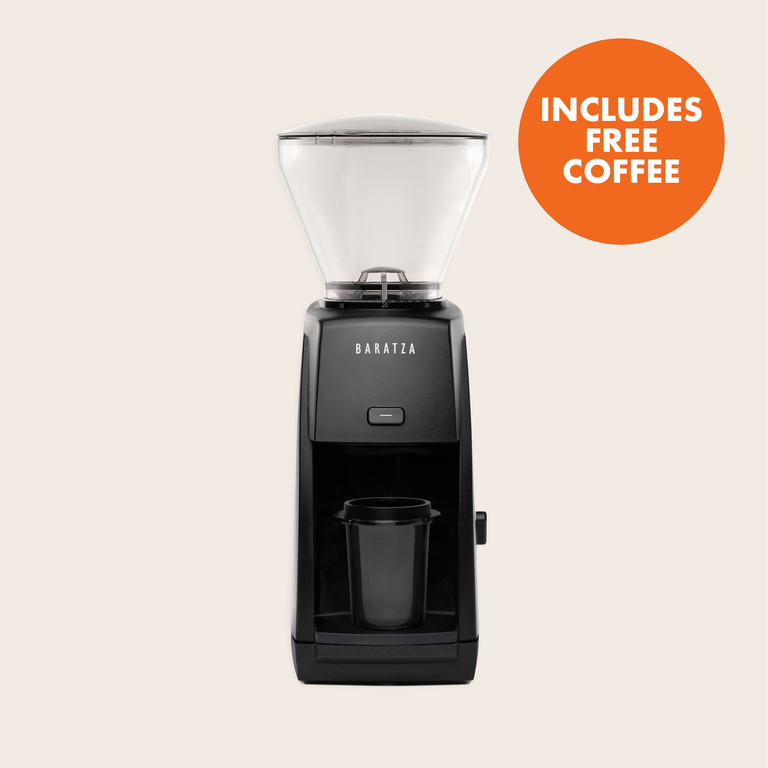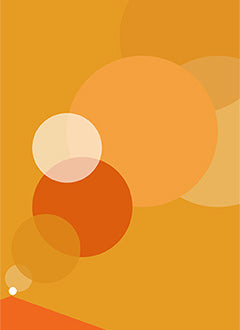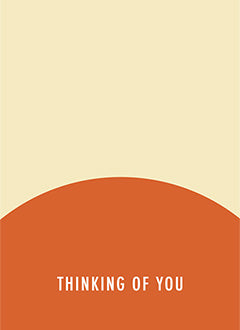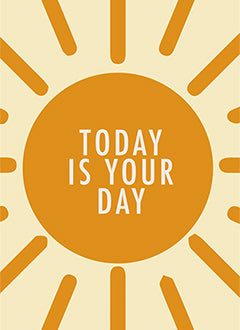How much caffeine is in coffee? Is coffee good for your health? These are just two of the most commonly asked questions when it comes to coffee. We've selected the 10 most frequently asked and provided our answers below!
Want to learn to brew at home from a pro? Try our Home Barista Courses hosted at our Brixton HQ.
How much caffeine is in coffee?
On average there is around 95mg of caffeine in a cup of coffee. With accurate coffee brewing we dissolve (or extract) the same percentage of coffee regardless of the brewing method. That is, in theory, although the concentration of flavour will change then the total amount of caffeine should be relatively consistent whether your final beverage is a 30ml espresso or a 250ml filter brewed coffee.
Do light roasted and dark roasted coffee have different caffeine levels?
Although dark coffee may taste stronger and some people may tell you that light roasted coffee preserves more caffeine the truth is that neither style of roasting reaches a high enough temperature to destroy caffeine. That is - the caffeine content of each is more or less the same.
The darker the roast however the more water is forced out and the lighter the bean becomes (while maintaining the same amount of caffeine) so it could be argued that there’s more caffeine per weight in darker roasts than light.
Our Firehouse Blend is a darker hand-roasted espresso blend that tastes rich and sweet like chocolate orange, complemented by cinnamon spice and fruity berries.
Our Bensa is our lightest hand-roasted filter coffee that's sweet and tangy with notes of peach, milk chocolate and marmalade.
Does coffee have more caffeine than tea?
The short answer is yes coffee, on average, has about twice as much caffeine as black tea which is generally considered to have the highest caffeine content of the various forms of tea (green, white, oolong etc).
How many cups of coffee a day can you drink?
Up to 400mg of coffee is generally considered safe although sensitivity to caffeine can vary from person to person. If you notice tremors, anxiety, agitation, headaches/ dizziness or upset stomach the chances are your common sense should tell you to pull back.

Can you drink coffee when pregnant?
The NHS recommends monitoring caffeine consumption during pregnancy to 200mg (about 2 cups) per day.
Is coffee good for you? What are the health benefits?
Coffee contains caffeine, the most commonly consumed stimulant in the world and is widely used to benefit alertness as well as physical performance. It is also commonly linked to weight loss as caffeine can also increase a person’s metabolic rate by anywhere between 3-11%. Coffee also contains nutrients such as B2, B3, B5, Manganese and Potassium which are recommended as part of a healthy diet.
Studies are inconclusive but coffee has also been linked to various health benefits including lower risk of heat disease, lower risk of type 2 diabetes and lower risk of both liver and colorectal cancer.
How many calories in coffee?
Black coffee has 0 calories. 250ml of full fat milk on the other hand contains around 100 calories which means a flat white with 30ml of espresso and around 140ml of full fat milk contains around 60 calories or around 70 calories with a milk alternative such as oat milk.
Is coffee a laxative?
The short answer is that coffee may have a laxative effect on some people but that there is inconclusive evidence to suggest that this is any more direct than other common beverages with one exception potentially being people suffering from IBS.
The International Foundation for Functional Gastrointestinal Disorders (IFFGD), however, suggests that excessive consumption of caffeine (more than 400mg a day) from any beverage is to be avoided.
Does coffee dehydrate you?
While caffeinated beverages, including coffee, may have mild diuretic effects - causing the need to urinate - they don’t appear to cause dehydration. That is they don’t cause fluid loss in excess of the volume ingested and have no overall impact on dehydration.
In addition filter coffee for example can often be as little as 1-2% dissolved coffee in 98-995 of water and drinking coffee (or tea) does count towards your daily fluid intake.
Which country produces the most coffee?
Brazil currently produces around 40% of the world’s total coffee supply (although at the beginning of the 20th century accounted for as much as 80%!). This is followed in order by Vietnam, Colombia, Indonesia, Ethiopia, Honduras, India, Uganda, Mexico and Guatemala.
It’s worth noting that only a small percentage of the world’s coffee is traded as specialty coffee and these figures represent the word’s total to to reflect both Arabica an Robusta as well as every grade or sub-grade of coffee.

If you have more questions just let us know!
Shop our coffee range here.













